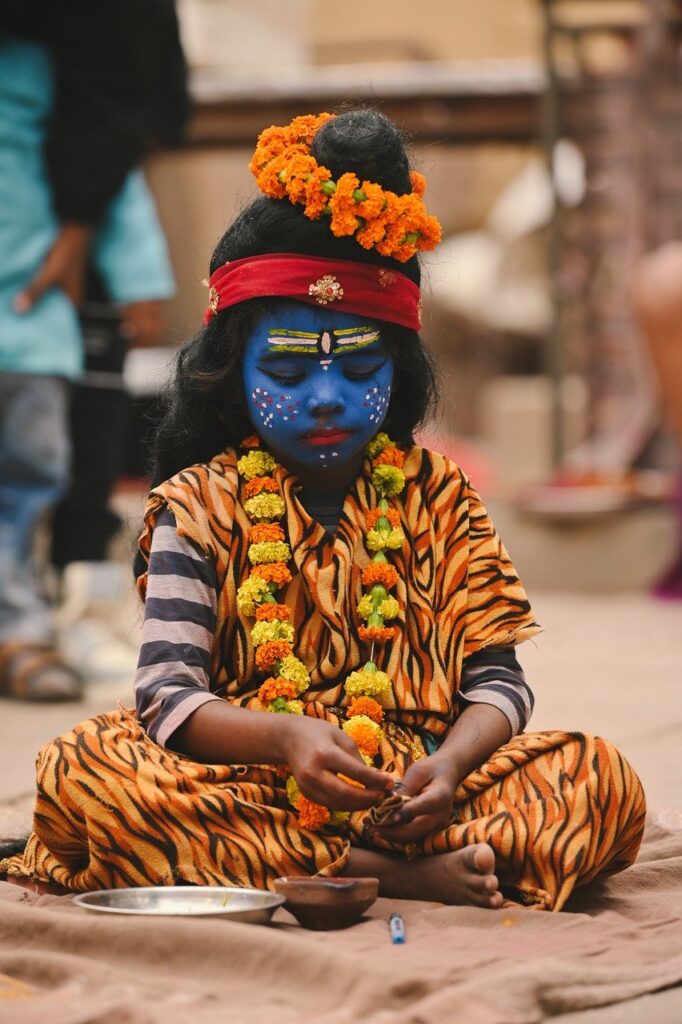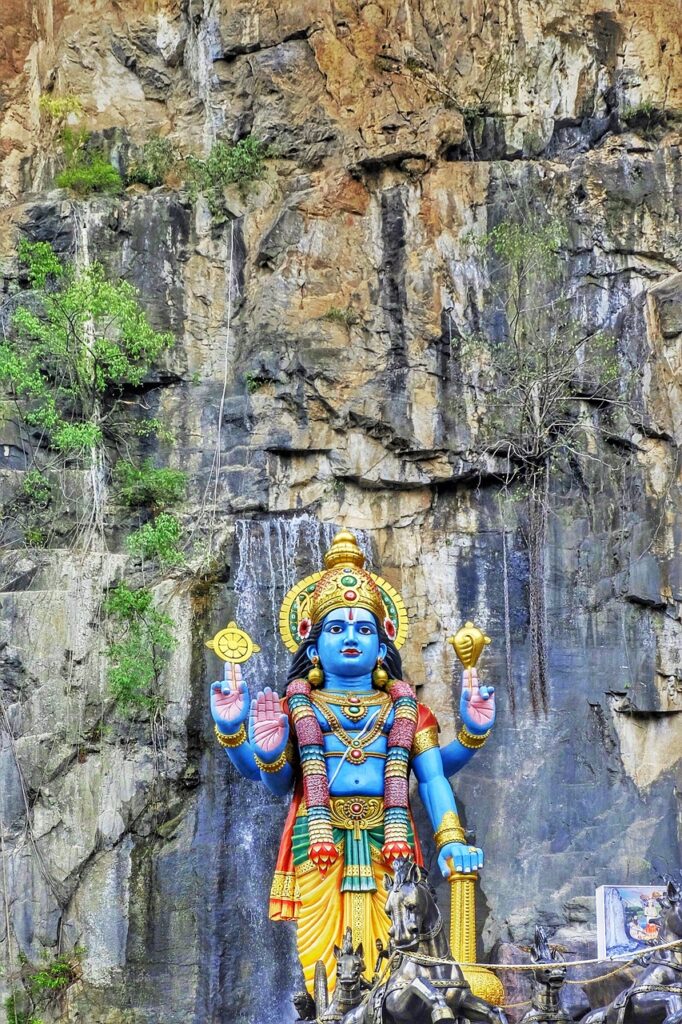Hinduism, often referred to as the world’s oldest religion, is a faith characterized by its profound spirituality, deep-rooted philosophies, and an enduring sense of tolerance. Unlike many historical narratives of conquest and subjugation, Hinduism stands apart. It has never sought to conquer foreign lands or impose its beliefs on others. Instead, Hinduism has flourished on the principles of peace, mutual respect, and coexistence.

A Religion Rooted in Non-violence
Throughout history, many empires have risen and fallen, often leaving a trail of destruction, conversion, and cultural erasure in their wake. However, Hinduism’s legacy is markedly different. Despite facing centuries of invasions, colonization, and cultural suppression, Hindus have held onto their values of non-violence and acceptance. This resilience has not only allowed Hinduism to survive but to thrive and enrich the cultural tapestry of the regions where it has been practiced.

The Embrace of Idolatry: A Connection to the Divine
One of the hallmarks of Hindu worship is its reverence for idols. Critics of idolatry often misunderstand its purpose and significance. For Hindus, idols are not just mere representations of the divine; they are a tangible medium to connect with the spiritual essence. They serve as focal points for devotion, a way for the devotee to feel closer to the divine in a personal and intimate manner. In Hindu philosophy, everything in the universe is a manifestation of the divine, and thus, worshipping an idol is just another way of acknowledging the omnipresence of God.
Diversity in Unity: The True Essence of Hinduism
Hinduism is not a monolithic religion. It encompasses a multitude of philosophies, practices, and beliefs. From the worship of different deities to the celebration of various festivals, the beauty of Hinduism lies in its diversity. This inclusiveness is a testament to the Hindu ethos of ‘Vasudhaiva Kutumbakam’—the world is one family. This ancient principle advocates for the unity of humanity, transcending boundaries of nationality, race, or religion.
Understanding Hindu Compassion
It is this spirit of inclusiveness that prompts many Hindus to empathize with the concerns of people across the world, including those in the UK and Europe. When Hindus express sympathy for Brits and Europeans regarding the preservation of their culture, it is not an expression of animosity towards immigrants but a recognition of the universal need to protect cultural identities. Having experienced the erosion of their own cultural practices under colonial rule, Hindus understand the value of preserving one’s heritage and the importance of cultural continuity.
The Natural Gift of Diversity
Hindus, with their distinct brown skin, are a testament to the natural diversity that our planet offers. Our physical appearance, shaped by geographical and climatic factors, is a natural gift. It reflects the beautiful diversity of human life and the adaptability of humanity across different environments. It serves as a reminder that, regardless of our outward appearances, we share the same inner spiritual essence.
The Eternal Flame of Hinduism
Despite facing adversities, Hinduism has withstood the test of time. The strength and resilience of Hindus can be attributed to the belief in divine protection and the power of spirituality. The essence of Hinduism is not confined to rituals and practices but is embedded in the universal principles of love, tolerance, and respect for all forms of life. This eternal flame continues to burn brightly, guiding Hindus through the darkest of times.